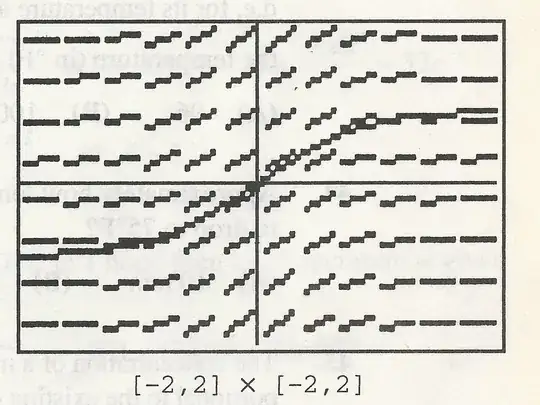The slope field for $F^{'}(x) = e^{-x^{2}}$ is shown here with a particular solution $F(0)=0$ superimposed. Using calculator, find
$$ \lim_{x \rightarrow \infty} F(x)$$ to $3$ decimal places.
Answer choices were
(A) $0.886$
(B) $0.987$
(C) $1.000$
(D) $1.414$
(E) $\infty$
The book says that answer is A, but I want to understand this.
